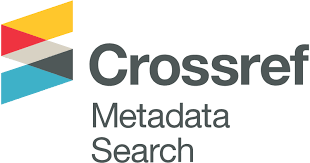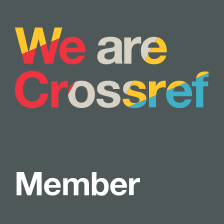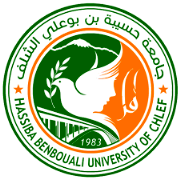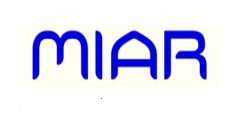The Use of the Flipped Classroom for Teaching French as a Foreign Language: Reality and Perspectives
DOI:
https://doi.org/10.70204/jlt.v5i2.658Keywords:
Flipped classroom, flipped pedagogy, teaching French as a Foreign Language, traditional classroomAbstract
This article aims to explore feedback on the use of the flipped classroom approach in French as a Foreign Language (FFL) classes, with the dual objective of analyzing its current reality and envisioning its future prospects. By providing an overview of its pedagogical impact, the study also seeks to offer practical recommendations for teachers interested in implementing this method. The research is based on semi-structured individual interviews conducted with three university instructors who have integrated flipped classroom strategies into their teaching. Specifically, the feedback derives from the implementation of three distinct courses, each structured around the use of the Moodle platform and pre-recorded instructional videos, designed to engage university-level learners in an active and autonomous learning process. The qualitative analysis of the collected data reveals an important number of pedagogical benefits, including increased learner engagement, improved oral interaction in class, and greater flexibility in pacing. However, several limitations and challenges were also identified, such as technological constraints, resistance from both students and teachers, and the additional workload required for lesson preparation and content creation. The article discusses possible solutions to address these challenges, such as better institutional support, teacher training, and the gradual integration of digital tools. In addition to examining present-day practices, the article also opens a reflection on the future of the flipped classroom in FFL, taking into account evolving technologies and innovative teaching methods. By sharing these diverse experiences, the study contributes to a wider pedagogical discourse on how to improve language acquisition through reimagined classroom dynamics.














